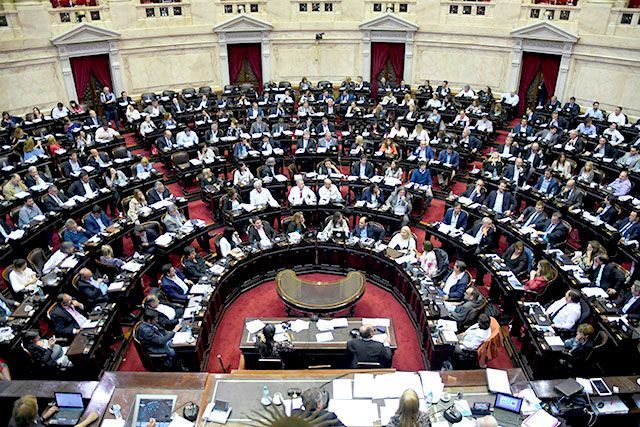
Argentinian co-operatives have secured a big win with the withdrawal of legislation calling for removing the exemption to pay tax on profit for co-operatives and mutuals. The Confederation of Argentinian Co-operatives (Cooperar), along with Cooperatives of the Americas, have been campaigning against this legislation.
Articles 23 and 24 of the draft tax legislation proposed to the Chamber of Deputies in Argentina have been withdrawn. The articles aimed to remove the exemption from tax on profits for co-operatives and mutuals.
The proposal, which drew widespread opposition from the Argentinian and international co-operative movements, had been promoted by the national government. It included the elimination of the exemption from income tax for co-operatives and mutuals that carry out financial activities. Paragraphs d and g of article 20 of the Income Tax Law expressly indicate that the profits of co-operative societies will not be subject to that tax. However, article 23 of the tax reform bill, drafted by the Ministry of Finance and sent to Congress, clarified that this exemption "will not apply to results from savings, credit and / or financial activities or insurance and / or reinsurance ".
Among the organisations opposing the proposal was Cooperatives of the Americas, which on December 14 sent a message of solidarity and support, signed by its President and Regional Director, to the Argentinian parliamentary authorities. It argued the case for the distinctive character and the essence of co-operative activity, which is often little understood or ignored by legislators and regulators around the world.
The Confederation of Cooperatives of the Argentine Republic, Cooperar, publicly thanked the members of the different parliamentary groups because "throughout the debate they highlighted the contribution that these entities make to equity and sustainable development across the country, for which it is necessary to respect its specific legal nature".
"The promotion of the social and solidarity economy allowed the convergence of efforts and agreements of most of the blocks, which generates good expectations in the sense of building a parliamentary agenda of broad consensus for the development of the sector," said Cooperar in a press release.
It also highlighted "the unity demonstrated by all the co-operative and mutual confederations, which discussed in a coordinated way and explained their position to all national legislators. It is this unity that will make viable in the future the construction of long-term state policies for the benefit of greater economic democracy and social inclusion of companies, and the social and solidarity economy."
Source: Aciamericas.coop




